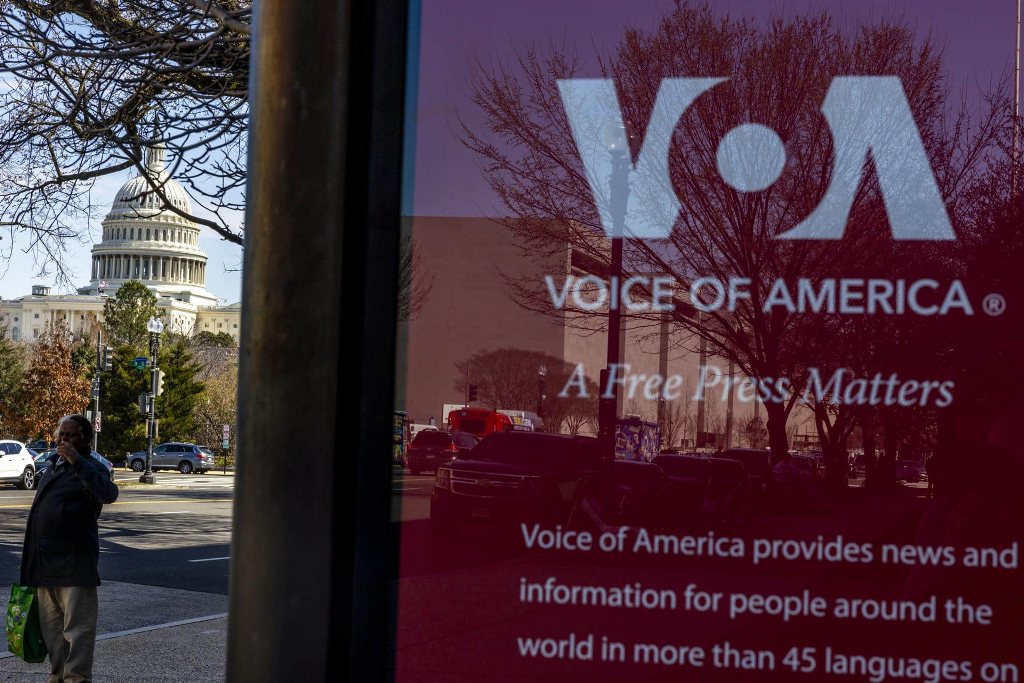QCOSTARICA — The recent threat by the United States Secretary of State, Marco Rubio, to formally expel Nicaragua from the Central American Free Trade Agreement with the United States (CAFTA) for not having a democratic regime, does not depend only on the decision of the U.S. President Donald Trump.
Legal obstacles complicate a multilateral decision and, on the contrary, a decision of this caliber is subject to an amendment of the trade agreement by the United States and all the countries of the region, which could take years.
However, there is always the possibility that a volatile American president will make a unilateral decision, establishing tariffs against Nicaragua, as he already has tried to do with Canada and Mexico, partners in the United States-Mexico-Canada Agreement (USMCA) that went into effect on July 1, 2020.
– Advertisement –
This would unleash commercial and geopolitical tension in the region since it is highly likely that the Ortega regime will also establish tariffs, close borders, and significantly affect exporters throughout Central America, including Costa Ricans, who have Nicaragua as one of the most important destinations in the isthmus, according to experts consulted.
“The other scenario, which would not be due to the approval of an amendment, but rather unilateral measures applied, as Donald Trump has announced against Mexico and Canada, would be a more expeditious measure. This would have a very negative effect for the region, because some products are outside the benefits of the Central American Common Treaty, as in the case of goods that come from free trade zones, and that would cause a negative effect for companies. Now, I hope that this does not happen and that trade can be maintained as it is,” said Marco Vinicio Ruíz, Costa Rica’s former Minister of Foreign Trade.
Another important aspect would be that the legal security that the trade agreement provides would be completely lost.
In the hypothetical case that the United States carries out its threat, the impact on Costa Rica and the region in general would be large and negative.
“Nicaragua is the navel of Central America and if it were to close its borders or impose higher tariffs as a response to the United States, Costa Rica and all of Central America would suffer and geopolitical tension would be created. Regional trade represents 19% of exports and this could come crashing down if Nicaragua retaliates,” said Daniel Suchar, a financial analyst.
The United States buys textiles, rice, beans, coffee, beef, seafood, gold, sugar and tobacco from Nicaragua.
– Advertisement –
The main export products from Costa Rica to Nicaragua are:
- Edible preparations
- Raw iron bars
- Packaged medicines
- Coffee
- Pineapple
- Cocoa
- Melon
- Tubers
- Vegetables
- Aloe-vera
- Guanábana
“Another scenario is that Costa Rica listens to the United States and suspends trade benefits to Nicaragua. This would cause a serious problem, since Nicaragua would do the same and Central America is the second trading partner, even more important than Europe, and more than US$3.5 billion is exported to it.
“On the other hand, Nicaragua is the second destination for Central American exports for Costa Rica and more than US$700 million is sold to it. A measure like this would affect small and medium-sized companies, especially in the agri-food sector,” said Victor Umaña, Director of the Latin American Center for Competitiveness and Sustainable Development (CLACDS), the applied research center of INCAE Business School.
In addition, he said that if the United States closes its trade with Nicaragua, the migration problem would worsen, since there would be less employment and poverty would increase.
– Advertisement –
“I don’t think that Costa Rica will take a bilateral measure, since as a country we have always been respectful of international law and the country’s long-standing conditions will be at stake,” Umaña said.
However, the future outlook will depend on the final decision made by Donald Trump and the Central American countries.
Although both Rubio and Mauricio Claver-Carone, the US delegate for Latin America, made it clear that Nicaragua will not continue to benefit from the FTA with Central America, since there is a dictatorship in that country led by Daniel Ortega.
Donald Trump could complicate relations with neighbors
If the U.S. President decides to unilaterally exclude Nicaragua from the Central America free trade agreement with the United States, it would generate geopolitical tension in the region, as well as a trade war and more migration.
Costa Rica’s trade with Central America makes up 19% of its exports, with Guatemala being the primary export destination, followed by Nicaragua, Honduras, and El Salvador.
Among the reactions by the experts include:
“From the point of view of labor, there could be a greater migration of Nicaraguan workers to Costa Rica due to the reduction of their exports. On the other hand, if the threat materializes, Costa Rica could increase exports to the US of products such as textiles, coffee, meat and sugar.
Now, it is well known that geopolitical tensions scare away investment, therefore, another potential advantage for Costa Rica is that the US capital investments that operate today in Nicaragua decide to move to Costa Rica,” said Monica Segnini, Former President
of Costa Rica’s Chamber of Exporters.
Shirley Saborío, Vice President, the Council for the Promotion of Competitiveness said, “Renegotiating the agreement is not the best option for countries like ours that have known how to respect what was negotiated, the schedules and take advantage of the advantages that the trade agreement opened. In addition, we must remember that for its approval we had to do it by way of a referendum, and we entered the agreement last.
“Returning to this process would be really detrimental to the legal security of investments, national or foreign, not to mention that we are in a pre-election year and it would be complex due to the change of authorities in less than a year.”
– Advertisement –
Source link
Rico



